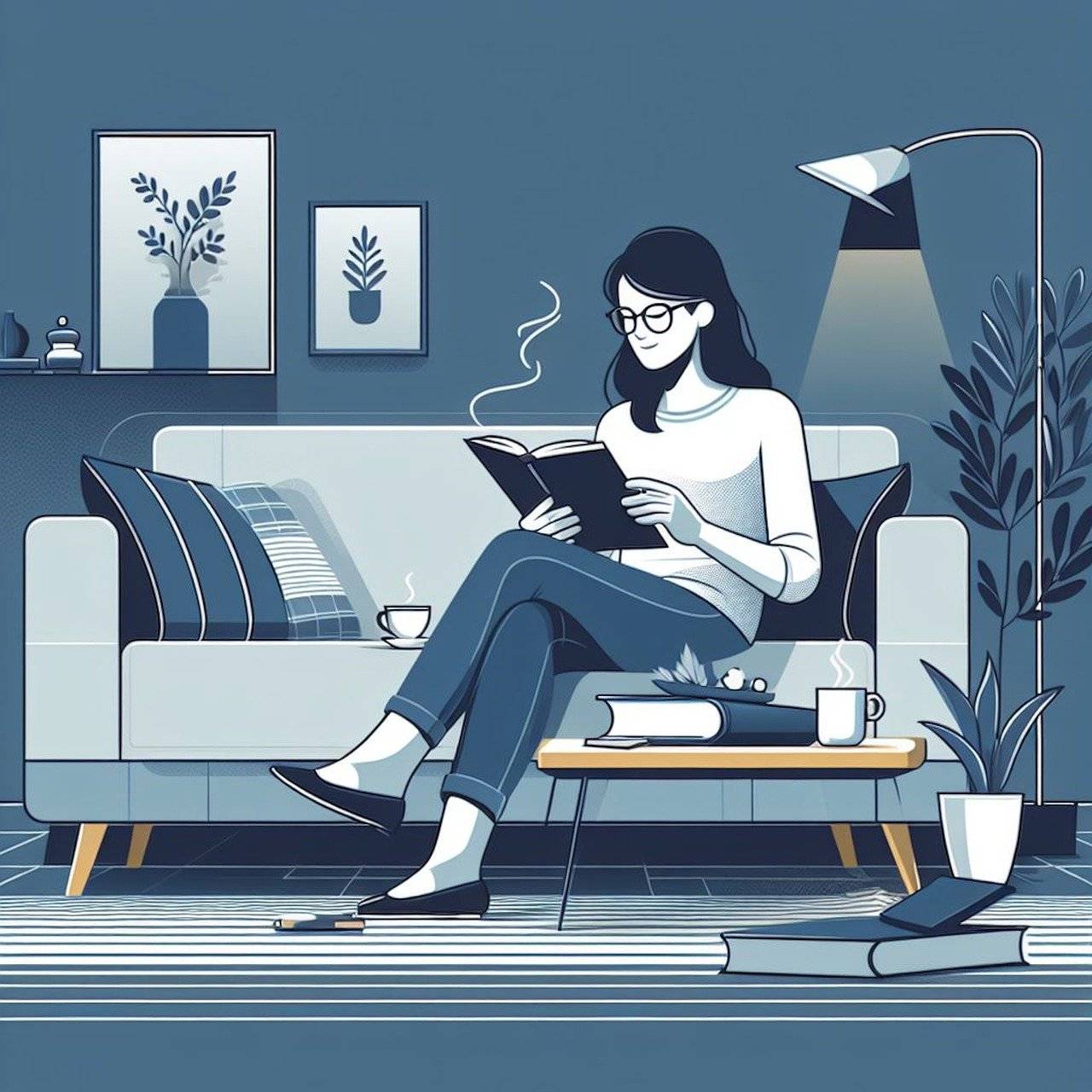Assessing Collaborative Problem-Solving Skills: Cricketbet999, 11xplay online id, Betbhai9
cricketbet999, 11xplay online id, betbhai9: Assessing Collaborative Problem-Solving Skills
In today’s fast-paced and interconnected world, the ability to collaborate and solve problems effectively with others is essential for success in both personal and professional endeavors. Whether you’re working on a group project at school, tackling a challenging task at work, or navigating a conflict with a friend, having strong collaborative problem-solving skills can make all the difference.
But how do you know if you have these skills? And if not, how can you assess and improve them? In this blog post, we’ll explore some key strategies for evaluating and enhancing your collaborative problem-solving abilities.
1. Understanding the Basics
Before we dive into assessment techniques, let’s first clarify what we mean by collaborative problem-solving skills. Essentially, these skills involve the ability to work effectively with others to identify and address challenges or obstacles. This can include communication, teamwork, critical thinking, creativity, and flexibility.
2. Self-Reflection
One of the simplest ways to assess your collaborative problem-solving skills is through self-reflection. Take some time to think about your own experiences working in groups or teams. Ask yourself questions like:
– How do I communicate with others in a group setting?
– Am I open to hearing and considering different perspectives?
– How do I handle conflicts or disagreements within a team?
– Do I actively contribute ideas and solutions?
– How do I adapt to changes or unexpected challenges?
3. Peer Feedback
Another valuable assessment tool is seeking feedback from your peers or colleagues. Ask them to provide honest and constructive input on your collaborative problem-solving skills. You can use a simple survey or questionnaire to gather their responses, focusing on areas like communication, teamwork, leadership, and conflict resolution.
4. Observation
If you’re looking for a more objective assessment, consider having a mentor or supervisor observe you in a group setting. They can provide valuable insights into your strengths and areas for improvement when it comes to collaborative problem-solving. Pay attention to their feedback and use it to guide your development.
5. Role-Playing
Role-playing scenarios can be a fun and effective way to assess your collaborative problem-solving skills. Create a mock problem-solving situation with a partner or group, and see how well you can work together to find a solution. Pay attention to your communication, creativity, and ability to compromise.
6. Continuous Improvement
Assessing your collaborative problem-solving skills is an ongoing process. Keep striving to improve by seeking out new opportunities for teamwork, communication, and problem-solving. Remember that practice makes perfect, so don’t be afraid to challenge yourself and learn from your experiences.
FAQs
Q: How can I improve my communication skills in a group setting?
A: Practice active listening, be open to feedback, and seek opportunities to collaborate with diverse groups of people.
Q: What should I do if I encounter a conflict within a team?
A: Approach the situation with empathy, actively listen to all perspectives, and work together to find a mutually beneficial resolution.
Q: How can I enhance my creativity when solving problems with others?
A: Encourage brainstorming, think outside the box, and be open to exploring new ideas and perspectives.
In conclusion, assessing and improving your collaborative problem-solving skills is a valuable investment in your personal and professional growth. By taking the time to reflect on your abilities, seek feedback from others, and actively practice teamwork and communication, you can become a more effective problem solver and a stronger team player. So keep honing those skills and watch your collaborative efforts soar to new heights!







